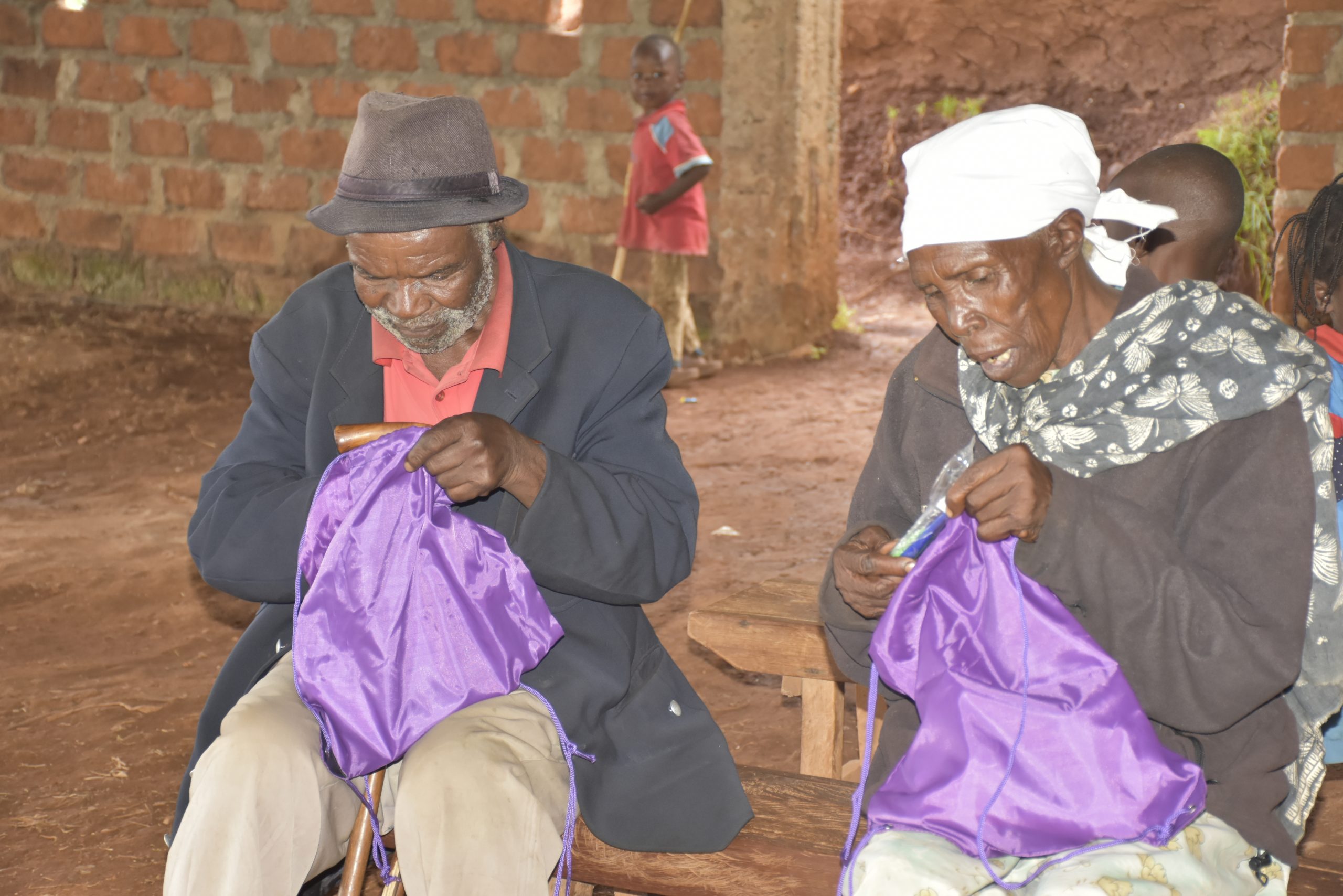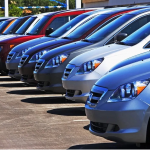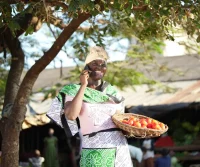The World Health Organisation has declared 2020-2030 the Decade of Healthy Ageing.
This is an opportunity to bring together governments, civil society, international agencies, professionals, academia, the media, and the private sector for ten years of concerted, catalytic and collaborative action to improve the lives of older people, their families and the communities in which they live.
But the decade hasn’t started so well with the covid-19 coronavirus which especially is deadlier to those who are aged and with predisposing factors like other diseases.
See: The Architectural Make-Up of Organisations
The WHO says that populations around the world are ageing at a faster pace than in the past and this demographic transition will have an impact on almost all aspects of society. The world has united around the 2030 Agenda for Sustainable Development: all countries and all stakeholders pledged that no one will be left behind and determined to ensure that every human being can fulfil their potential in dignity and equality and in a healthy environment.
A decade of concerted global action on healthy ageing is urgently needed.
Already, there are more than 1 billion people aged 60 years or older, with most living in low- and middle-income countries. Many do not have access to even the basic resources necessary for a life of meaning and of dignity.
Many others confront multiple barriers that prevent their full participation in society.
Healthy Ageing spans the life-course and is relevant to everyone, not just those who are currently free of disease. Intrinsic capacity at any time is determined by many factors, including underlying physiological and psychological changes, health-related behaviour and the presence or absence of disease.
Read: High Return Businesses to Invest in Post-Coronavirus
Intrinsic capacity is strongly influenced by the environments in which people have lived throughout their lives.
The social and economic resources and opportunities available to people across their life-course influence their power to make healthy choices, contribute and receive support when they need it.
Healthy Ageing is hence closely linked to social and economic inequity. Disadvantages in health, education, employment and earning start early, reinforce each other and accumulate over the life course. Older people in poor health work less, earn less and retire earlier. Gender, culture and ethnicity are important moderators of inequity and result in widely different trajectories of ageing.
Healthy ageing can be a reality for all. This will require a shift in focus from considering healthy ageing as the absence of disease to fostering the functional ability that enables older people to be and to do what they value. Actions to improve healthy ageing will be needed at multiple levels and in multiple sectors to prevent disease, promote health, maintain intrinsic capacity and enable functional ability.
Despite the predictability of population ageing and its accelerating pace, countries are at different states of preparedness. Many of today’s older people cannot access the basic resources necessary for a life of meaning and dignity. Many others face daily barriers that prevent them from experiencing health and well-being and fully participating in society.
These difficulties are exacerbated for older people in fragile settings and emergencies, where resources are more limited and the barriers higher. For sustainable development and to achieve the goals outlined in the 2030 Agenda, societies must be prepared and responsive to the needs of current and future older populations, WHO notes.













Leave a comment